The top jobs Gen Z jobseekers are looking for, as revealed by After The ATAR
Queensland teenager Alex Masel says he took inspiration from his rural background when deciding on what he wants to be. See most coveted careers for Australia’s next generation.
Business
Don't miss out on the headlines from Business. Followed categories will be added to My News.
The next generation of jobseekers don’t want to work in an office and surprisingly would rather be a teacher than a YouTuber.
The most popular career choice for Gen Z was a mental health therapist, according to After the ATAR, a national survey conducted by Year13, an organisation which advises young people on post-school choices.
Traditional jobs make up all but one of the top 10 careers Australians aged 15 to 24 were most interested in, with digital marketer in fourth spot the only “new age” occupation to make the top 10.
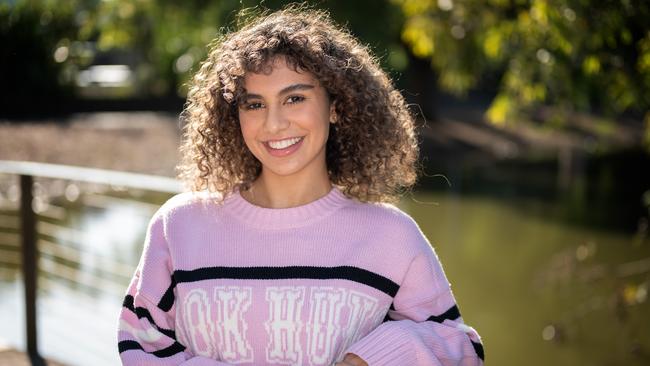
Teacher was the second most popular choice, after mental health therapist, followed by doctor, digital marketer, engineer, scientist, musician, lawyer, advertiser/marketer and serving in the defence forces.
Despite the overwhelming desire to work in traditional roles, nearly one in 10 wanted to be a YouTuber, while a reasonable number of people were interested in careers that have gained prominence this century, including ethical hacker, data scientist, cybersecurity expert, sustainability/environmental consultant and artificial intelligence developer.
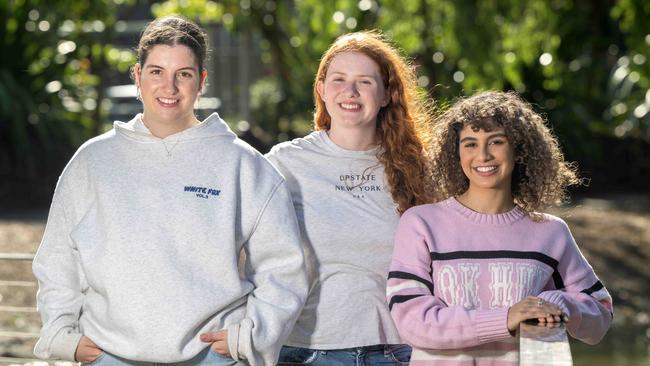
Education Minister Jason Clare said it was great to hear from this survey that young people wanted to be teachers because it was the “most important job in the world”.
He said in the past many had dropped out of their uni degrees or quit teaching within the first three years, which was why he was making changes to support people choosing that career path.
Year13 co-founder Saxon Phipps said it was encouraging to see teaching, healthcare and engineering were popular career choices as they all face skills shortages, but besides digital marketing, there were no tech career paths in the top 10 list.
Ms Phipps said the Future Skills Organisation predicted more than half a million additional tech workers were needed by 2030.
“It’s an obvious area where a pressing skills gap lies as digital skills are now needed in just about every industry there is, from agriculture to mining, and not just in tech companies like Microsoft and Google,” Mr Phipps said.
He also said a lack of interest in careers in farming, mining, retail and to a lesser extent trades, could see workforce shortages in these areas too.
There was also a difference between male and female career interests, with females more interested in careers involving caring, teaching and creativity while males were more likely to be into tech, physical and trade-based roles.
Other results from the survey showed more than three quarters were either at university or were planning on going, one in five were interested in TAFE, while one in 10 wanted to do an apprenticeship.
Only two per cent were interested in gaining micro-credentials through skill-specific short courses, despite this being the favoured way of upskilling workers in many industries, especially in the tech sector.
Mr Phipps said micro-credentials were a quick way to plug skills gaps.
“The tech industry in areas like cybersecurity is really leading the charge with micro-credentials to grow the nation’s digital skills capabilities,” Mr Phipps said.
“They’ve realised they don’t necessarily need university graduates with three or more years of study under their belt to fill many of the jobs they need. In many cases a micro-credential coupled with on-the-job experience is enough to get someone started.”
Mr Phipps said tech university degrees were often out of date by the time graduates started looking for a job.
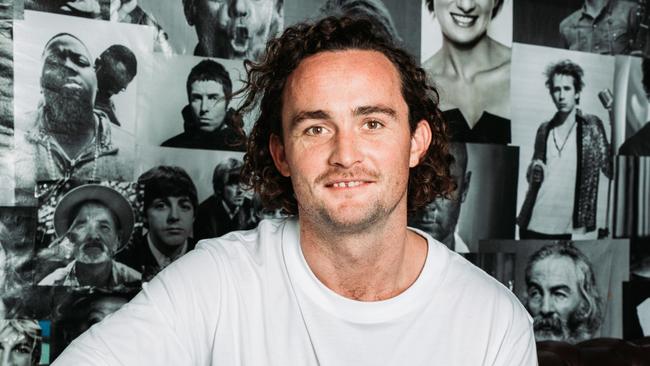
He said the Year13 report found a third of young people didn’t know what they wanted to do next, and some of those who did would change their minds.
He said uncertainty around career choice rose steeply at the age of 19, due to people trying a course or job and realising it was not for them.
“Right now is a time when Year 12 leavers will be anxiously awaiting their results and a third of them still don’t know what they actually want to do next in life so they’ve got a whole lot of uncertainty to add on top of that pressure,” Mr Phipps said.
“But we want them to know there’s so much opportunity too. There is no one career path young people follow, and not all plans go to plan.”
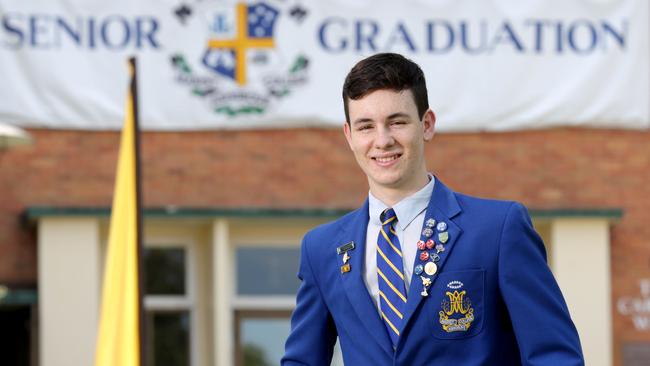
‘I WANT TO GIVE BACK TO THE COMMUNITY’
Marist College Ashgrove Year 12 Graduate Alex Masel said he aspired to be a rural General Practitioner.
“What sparked this career choice for me was coming from a rural background, I’m from Goondiwindi and seeing how close knit those communities are,” he said.
“I realised I had a bit of privilege going to a nice school and I felt that giving back to the community was something I’m really passionate about.”
Alex said he had applied for several universities but hoped to get in to James Cook University.
“They have a really good medicine program for rural and remote medicine.”
“And some of the other ones I applied to are UNSW, Adelaide University and USQ,” he said.
WHY GIRLS STRESS ABOUT THIS MORE THAN THE BOYS
Finishing school and embarking on the next stage in life is far more stressful for girls than boys.
The after the ATAR survey found that while many young people carry the weight of expectation and the fear of failure on their shoulders during their school-to-work transition, it definitely weighs heavier on females than males.
When it comes to career planning seven in 10 females said they suffered anxiety compared to just half of males.
Four in 10 girls said they felt insecure or inadequate and the same number again suffered sleepless nights.
For this set of Melbourne school leavers, feelings were mixed.
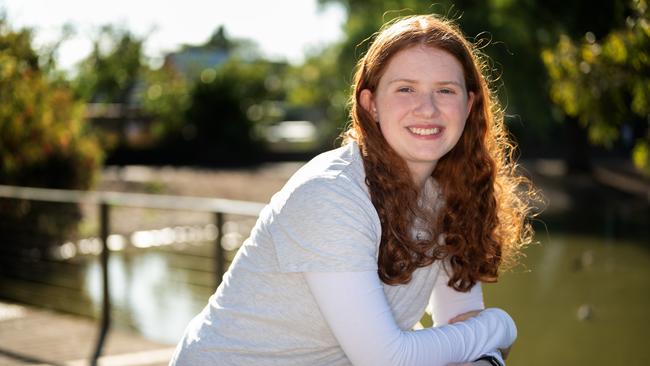
Lauren Crevatin, 17, wants to be a red-carpet journalist interviewing stars at glamorous events but was “anxious” about her high expectations and other people’s opinions.
“I constantly get asked by people, particularly family members, ‘Are you sure this is something you want to do’ and that makes me anxious as well,” Lauren said.
Her friend Riley Holder, 18, is going to TAFE to study medical rehabilitation, but said she was “uncertain about the transition from high school” and worried about fitting in and making friends.
Meanwhile, Danasha Carbone, 18, has her sights set on a career in criminology.
But unlike her two pals and nearly two thirds of females, she is not stressed about what will happen next.
“Honestly, I don’t tend to worry about my future,” Danasha said.
“I have a lot of passions in life and if my main plan doesn’t work out I know I always have something to fall back on.”




